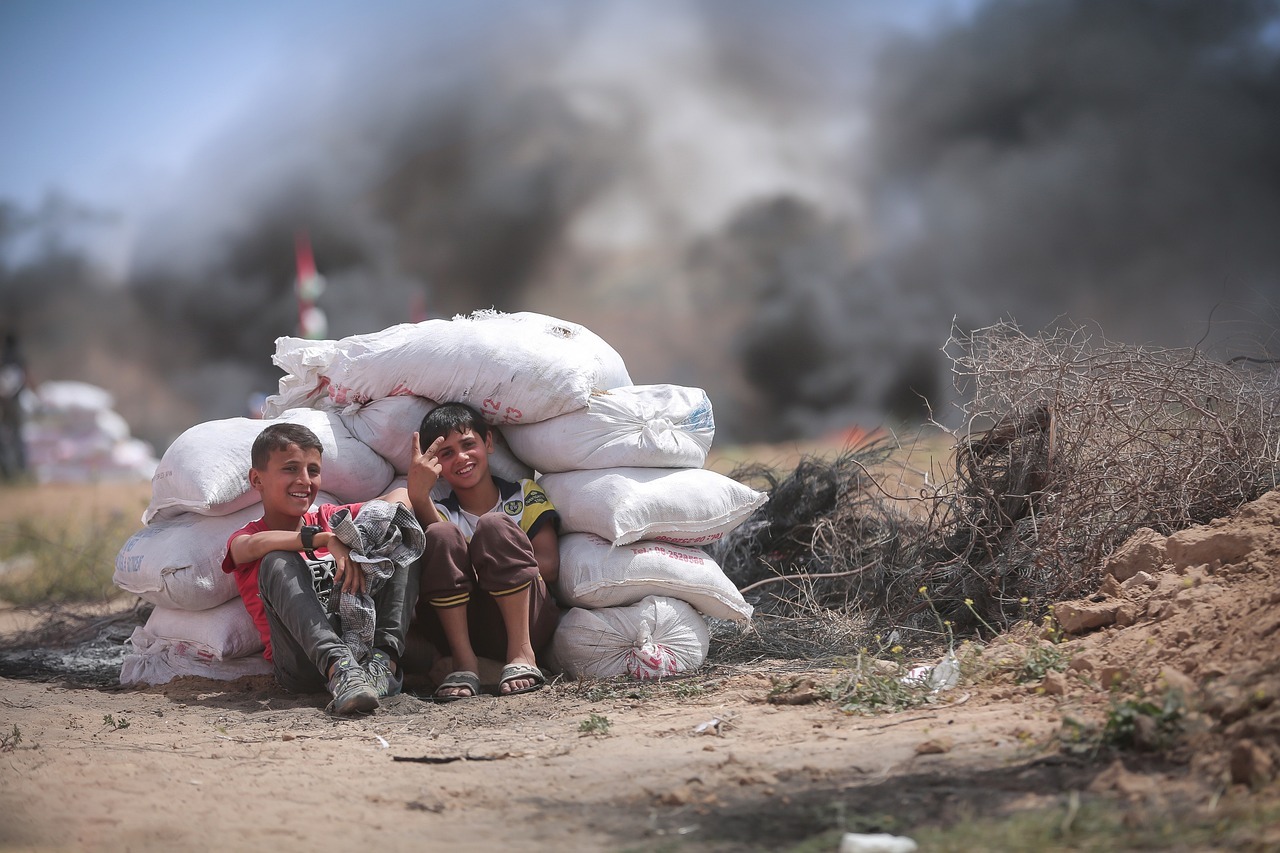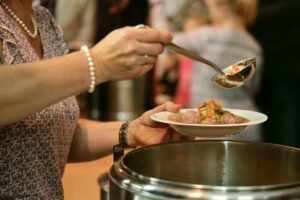Advent 2023 was a different one for me. Against the backdrop of the Israeli-Palestinian war wreaking unimaginable devastation on already bereft people, the ongoing violence in the Ukraine, Myanmar, and many parts of Africa, an escalating migrant crisis, human trafficking (experiences about which I hear daily in my ministry here in New York City), and climate change that marked the past year as the hottest one on record, my spirit paled at entering into the customary rhythm of liturgical waiting building up to Christmas joy.
I did not have to think twice when the invitation to gather with a group around liberation theologian Kelley Nikondeha’s book, The First Advent in Palestine: Reversals, Resistance, and the Ongoing Complexity of Hope, beckoned. I was ready, my mind craving fresh meaning and my heart grasping for hope – and I was not disappointed.
Nikondeha finds her way into the skin of Advent characters with a skill that surprised me again and again, as she enfleshed what ordinary life in an oppressive empire would have been for someone like Zechariah or Elizabeth, or for the shepherds on society’s margins. Then as now, endless cycles of war were interspersed with the “peace” of imperial politics and unjust economics, benefitting the few and exploiting the many. Galilee, known for its rebellious resistance, would have formed Mary, impacting her young life with its trauma and violence. Joseph’s yes to Mary’s wellbeing, her child, and their shared stigma put him at odds with societal and religious definitions of holiness.
That first Advent, as Nikondeha describes it, inaugurated God’s own peace campaign, seeking its beginning, not on the battlefield, but on birthing stools. Choosing to consent, Mary, in the company of Elizabeth, sings out God’s critique of the world’s “peace,” leaning into a durable hope that will penetrate the darkness for the generations still to come. How necessary that hope as, in the wake of the newborn’s arrival, the world’s anguish persisted: empires kept coming, atrocities continued, the Holy Family lived as refugees, innocents were massacred.
When we grasp our humanity in all its vulnerability, seeing it unvarnished amid our suffering, the meaning of incarnation penetrates deeper within us. God enters our frail bodies, our hemorrhaging landscapes, and our troubled times. God is with us where trauma hits hardest. That God will rise, scars still etched in skin, should not surprise us, given God’s first advent in a land replete with injustice and pain.1
Deftly interwoven throughout Nikondeha’s work are contemporary accounts of Palestinian people situated in Nazareth, Bethlehem and Jerusalem, making visible the stories of “the meek” of today. Modern-day survivors of imperial power, they continue “doing” hope with Advent’s tools of hospitality, solidarity and nonviolence.
As reviewer Idelette McVicker so aptly exclaims:
Kelley Nikondeha’s writing is on fire. She set my heart ablaze, inviting us into the ancient advent story with a newness that made me underline and gasp and shout hallelujahs at the page. Read this if you dare.2
Claudia Stecker is a Sister of Our Lady of the Missions (RNDM). She was missioned to the Philippines in 1997 and worked as an educator, first, in Cotabato, at Notre Dame University, and, later, in Manila, at Asian Social Institute. Her subject areas included pastoral sociology, leadership, music and education. Claudia was also employed by Kuya Center for Street Children where she took part in establishing a microfinance initiative among urban poor families. Over the years, Claudia served the congregation, too, in leadership, formation and finance management, returning to Canada in 2021. From 2023, she has been missioned to New York, USA, where she serves as a host community member in a LifeWay Network safehouse for women survivors of human trafficking.





Thank you for sharing your Advent reflections with us on Kelley Nikondeha’s book. The last part of the title in itself is an invitation; to enter into the “Ongoing Complexity of Hope”. Seeing parallels between the time of Jesus’ birth and our own time, is both comforting and challenging.
Through your opening this book to us, I too feel invited to grow in this “durable hope that will penetrate the darkness for the generations still to come.”
In looking again at this Blog, I am struck by the title photo, which so well images the content of your article. May those two children live. May they grow in wisdom, age and grace. May they know peace in their lifetime